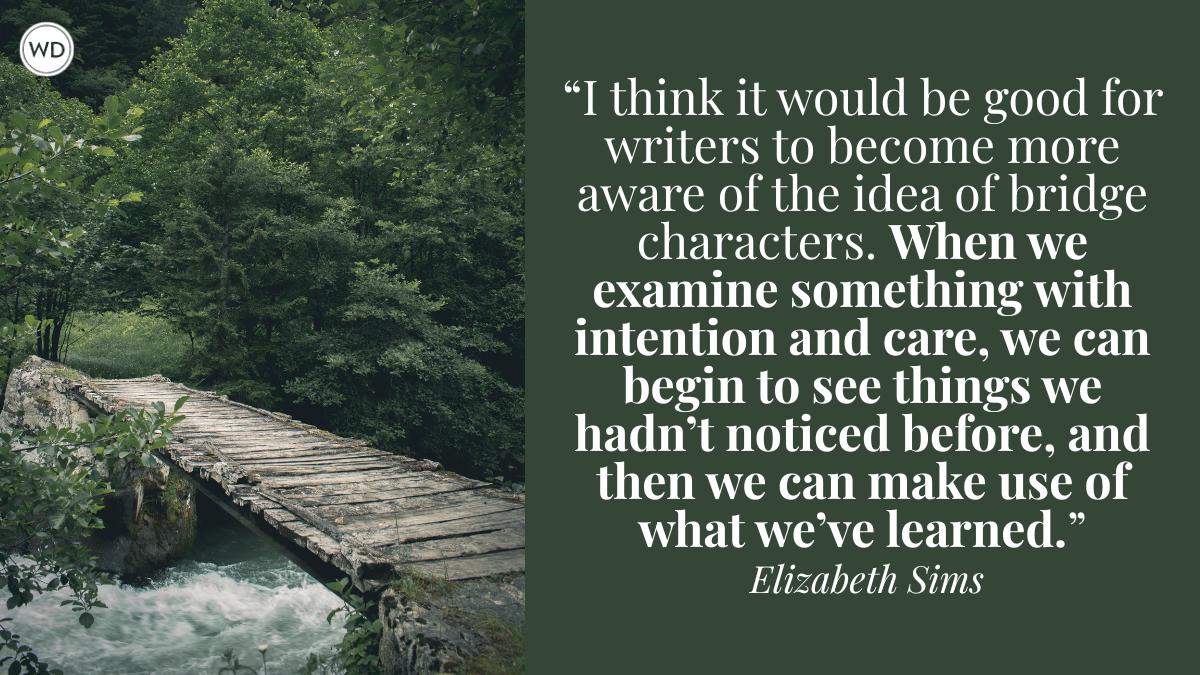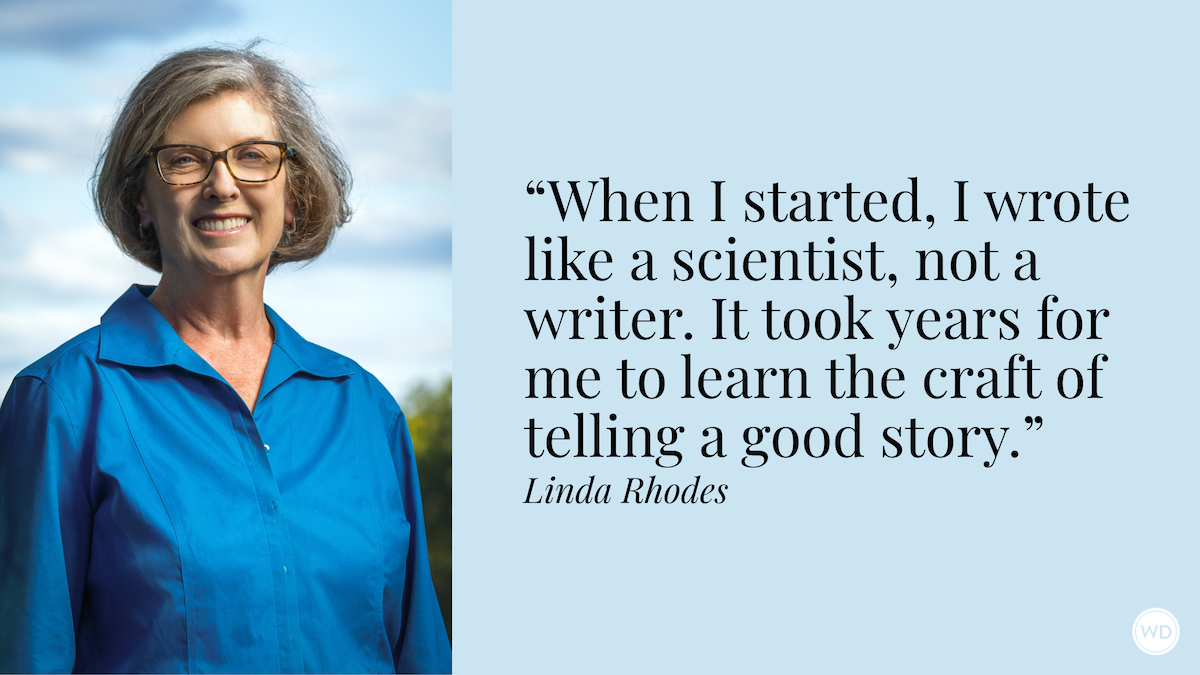Jonelle Patrick: Writing Edgier Than Bookshops and Cats
Novelist Jonelle Patrick discusses writing about a country she loves and the importance of both readers and editors.
Jonelle Patrick is a graduate of Stanford University and the Sendagaya Japanese Language Institute, and also a member of the Mystery Writers of America, International Thriller Writers, and Sisters in Crime. She first moved to Tokyo in 2003, and now splits her time between San Francisco and Tokyo. Since then, she has authored four novels based in Japan, and continues to write about Japanese culture. In addition to the Only In Tokyo mystery series, she produces the monthly newsletter Japanagram, the Only In Japan blog, and the site The Tokyo Guide I Wish I’d Had. Patrick teaches at writing workshops, appears as a panelist at Thrillerfest, and has been the keynote speaker at the Arrow Rock Writing Workshop.
In this post, Jonelle Patrick discusses writing about a country she loves, the importance of both readers and editors, and much more!
****
****
Name: Jonelle Patrick
Literary agent: April Eberhardt at April Eberhardt Literary
Book title: The Last Tea Bowl Thief
Publisher: Seventh Street Books
Expected release date: October 20, 2020
Genre: Mystery fiction
Previous titles (if any) by the author: Nightshade, Fallen Angel, Idolmaker, Painted Doll
Elevator pitch for the book: The Last Tea Bowl Thief is the story of a tea bowl that passes from one fortune-seeker to the next for three hundred years, changing the lives of all who possess it. It’s also the story of two women—one American, one Japanese—whose futures depend on finding it, but they soon discover that neither can get their hands on it without the other’s help, and unless they find common ground, both will lose what’s most dear to them.
IndieBound | Bookshop | Amazon
[WD uses affiliate links.]
What prompted you to write this book?
The truth is, I love Japan, even the irritating bits. Especially the irritating bits. That’s what makes me stop in my tracks and wonder, “Why the heckin’ heck do they do that?” I’d been writing police procedurals set in Japan for years, but lately, I’ve been thinking that there might be a lot of readers like me out there who don’t find murder particularly restful (especially in these troubled times), but also crave something a little edgier than bookshops and cats. I wrote The Last Tea Bowl Thief to deliver a mystery that was utterly compelling but without violence.
How long did it take to go from idea to publication?
I started outlining a book about a missing tea bowl long before I even had an agent, but it didn’t become The Last Tea Bowl Thief until ten years and four other books later. And the idea did change in big ways during the process! It started out being a clever tale about how a piece of art changes people’s lives—not always in ways they expect—but ended up being a much more intimate tale of two women who are adversaries but come to realize that they’ll both fail if they don’t find a way to work together.
Were there any surprises or learning moments in the publishing process for this title?
It was a surprise to get that call from my agent and hear which publishers were interested in The Last Tea Bowl Thief—they were quite different from my murder mysteries! I hadn’t worked with a house like Seventh Street Books before, but learning what it’s like to be with a publisher that puts out fewer books than the big boys, but does them with such care, has been a delightful eye-opener.
Were there any surprises in the writing process for this book?
Ha, one of the main characters started out as a minor character—she appeared, dutifully moved the plot forward a notch, then poof! Gone. But my manuscript readers (may their names be ever blessed) all lamented that she only had a bit part, so I rethought her role and retooled the story so she could share center stage.
What do you hope readers will get out of your book?
When I read books like The Last Tea Bowl Thief, I hope they’ll whisk me away to another time and place so completely that I forget to eat. By the time I finish, I want to feel like I’ve really lived in that world. I hope that The Last Tea Bowl Thief takes readers to a Japan they didn’t know existed, but can’t wait to spend more time in.
If you could share one piece of advice with other authors, what would it be?
That’s easy: Great writers don’t exist without great editors. You can sit in your writing cave spinning the world’s most brilliant prose, polishing and revising and wordsmithing until no word is left unturned, but if you don’t take a deep breath and listen to those who tell you what’s wrong with it (and there’s bound to be plenty), it’ll never be as good as it can be. Really listening to what readers don’t like about your beloved story is one of the hardest things a writer has to do, but it’s always worth it. Often spectacularly worth it.








